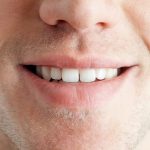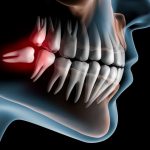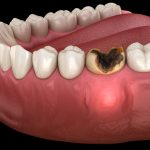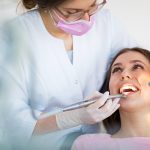Teeth Cleaning: How Long Should You Wait to Eat?
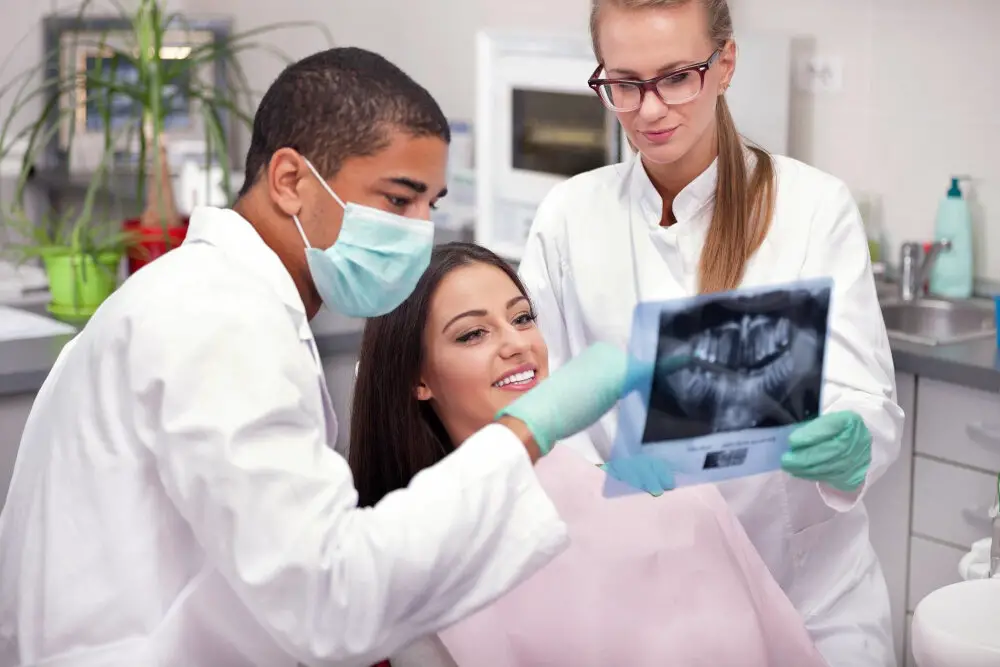
Keeping our teeth clean and healthy is essential for maintaining good oral hygiene. Regular brushing and flossing are essential components of a healthy dental routine, but have you ever wondered how long you should wait to eat after brushing your teeth? While it may seem like a trivial question, the answer can have a significant impact on your dental health. The timing of your meals and snacks after brushing can either support or undermine your oral hygiene efforts, so it’s important to understand the factors that come into play. The question of how long to wait to eat after brushing can be a tricky one to answer. There is no one-size-fits-all answer, as different factors can affect the timing. Factors such as the type of food you plan to eat, the type of toothpaste you use, and the overall health of your teeth and gums can all play a role in determining the best time to eat after brushing. In this article, we’ll explore the various factors that come into play and provide some tips to help you make the best choices for your dental health.
Teeth cleaning is a crucial aspect of maintaining good oral hygiene. It helps to prevent the buildup of plaque and tartar, which can cause tooth decay and gum disease. Common practices for teeth cleaning include brushing at least twice a day with fluoride toothpaste, flossing daily, and using mouthwash to kill bacteria. It is also recommended to visit the dentist for professional cleanings every six months. Neglecting teeth cleaning can lead to a variety of dental problems, including bad breath, cavities, and gum disease, which can ultimately result in tooth loss. Therefore, it is important to prioritize teeth cleaning as a part of your daily routine to keep your teeth healthy and strong.
The article \Teeth Cleaning: How Long Should You Wait to Eat?\ aims to provide guidance on a common concern among dental patients. Many people wonder how long they should wait to eat after a dental cleaning procedure to avoid compromising the results. The article addresses this question by exploring different factors that can affect the timing of eating after teeth cleaning, such as the specific cleaning procedure, the type of food, and the time of day. By providing clear and concise information on this topic, the article aims to help readers make informed decisions about their dental health and maintain the benefits of their teeth cleaning procedure.
The General Rule
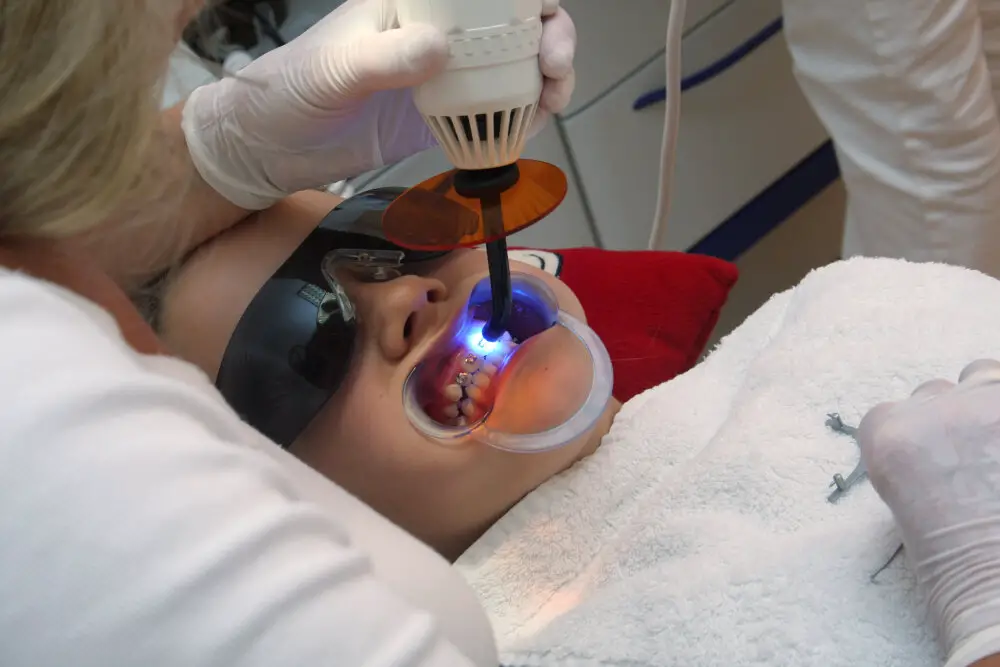
The general rule for how long you should wait to eat after teeth cleaning is at least 30 minutes. This is because after a professional cleaning, your teeth and gums can be sensitive and tender. Additionally, the fluoride treatment that is often applied during a cleaning needs time to fully absorb into your teeth in order to be effective. By waiting at least 30 minutes before eating or drinking, you give your teeth and gums time to recover and the fluoride time to do its job. It’s important to note that some dentists may recommend waiting longer than 30 minutes, depending on the individual’s specific needs. For example, if you had a more extensive cleaning or if you have particularly sensitive teeth and gums, your dentist may advise you to wait an hour or more before eating. It’s always best to follow your dentist’s specific instructions for post-cleaning care to ensure that your teeth and gums stay healthy and strong. Remember, proper oral hygiene and regular dental cleanings are essential for maintaining good oral health and preventing issues such as cavities, gum disease, and tooth loss.
After a teeth cleaning procedure, it is important to wait for at least 30 minutes to an hour before eating. This general rule is based on the fact that during the cleaning, the dentist or dental hygienist may have used abrasive materials to remove plaque and tartar buildup from the teeth, which can leave them sensitive. Additionally, the cleaning may have also involved the use of fluoride, which needs time to be absorbed by the teeth to strengthen them against decay. Eating immediately after the procedure can cause discomfort or even damage to the teeth. Therefore, allowing sufficient time for the teeth to recover and absorb the fluoride is essential for maintaining good dental health.
The waiting period after a teeth cleaning procedure is essential to ensure that the cleaning is effective and that there are no negative consequences. Dental cleaning involves the removal of plaque and tartar from the surface of the teeth, which can cause tooth decay and gum disease. During the cleaning, the dental hygienist may use instruments that can cause minor damage to the surface of the teeth. Waiting for a short period after the cleaning allows the teeth to recover and ensures that any damage heals. Additionally, eating immediately after a cleaning can reintroduce bacteria and food particles to the mouth, which can undo the benefits of the cleaning. Therefore, it is important to follow the recommended waiting period before eating or drinking after a teeth cleaning procedure.
It is recommended that one should wait at least 30 minutes to an hour after teeth cleaning before eating. This is because during the cleaning process, the teeth are thoroughly polished and any leftover debris or plaque is removed. If one eats immediately after the cleaning, the food particles can easily stick to the tooth surface, which can lead to the formation of new plaque and even tooth decay. Moreover, the cleaning process sometimes involves fluoride treatment, which helps to protect the teeth against decay. Eating immediately after fluoride treatment can wash away the fluoride, reducing its effectiveness. Therefore, it is best to wait a little while before indulging in a meal or snack after teeth cleaning.
The Type of Cleaning Matters
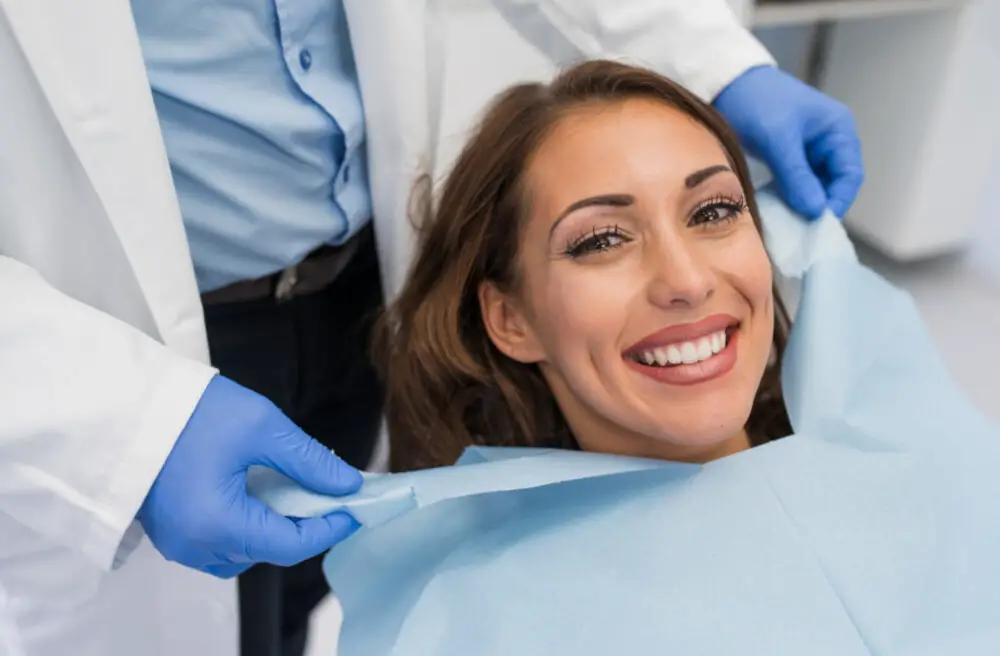
When it comes to teeth cleaning, the type of cleaning you receive can have a significant impact on how long you should wait to eat afterward. For example, if you have a routine cleaning that involves scaling and polishing, you should be able to eat immediately afterward. Scaling and polishing are non-invasive procedures that use specialized tools to remove plaque and tartar from the surface of your teeth. This type of cleaning typically does not cause any discomfort or sensitivity, so you can resume your normal activities, including eating, right away. However, if you receive a more invasive type of cleaning, such as deep cleaning or periodontal scaling and root planing, you may need to wait a little longer before eating. These procedures involve removing plaque and tartar from below the gumline, which can cause some discomfort and sensitivity. You may also experience some bleeding or swelling in the gums. In these cases, it’s best to wait at least an hour or two before eating to give your mouth time to heal. Additionally, your dentist may advise you to avoid certain foods, such as those that are hard, crunchy, or sticky, as they can irritate the gums and make the healing process take longer.
The type of teeth cleaning can play a crucial role in determining the waiting time before eating. For instance, after a routine dental cleaning, it is recommended to wait for at least 30 minutes before consuming any food or drink. However, if you undergo deep cleaning treatments like scaling and root planing, the waiting time may vary depending on the extent of the procedure. In such cases, it is advisable to consult your dentist regarding the waiting period before eating. Waiting for the recommended time after any teeth cleaning is crucial to allow your teeth and gums to heal and prevent any risk of infection or damage.
Regular cleaning and deep cleaning are two different types of dental cleaning procedures. Regular cleaning is a routine cleaning procedure that is performed by a dental hygienist or dentist. It involves removing plaque and tartar from the teeth and gum line using a scaler and a polishing paste. This type of cleaning is recommended every six months to maintain good oral hygiene. On the other hand, deep cleaning, also known as scaling and root planing, is a more extensive cleaning procedure that involves removing plaque and tartar from beneath the gum line. This type of cleaning is recommended for patients with gum disease and is usually done in two or more visits. Deep cleaning involves using a local anesthetic to numb the gums and teeth to make the procedure more comfortable. The main difference between regular cleaning and deep cleaning is the extent of the cleaning and the tools used to perform it.
A deep cleaning, also known as scaling and root planing, is a dental procedure that involves removing plaque and tartar buildup from beneath the gum line. This process may require local anesthesia and can take longer than a regular cleaning. After a deep cleaning, it is important to wait before eating to allow the gums to heal properly. The waiting period can range from a few hours to a few days, depending on the extent of the cleaning and the individual’s specific needs. Eating immediately after a deep cleaning can cause food particles to get stuck in the newly cleaned areas, which can lead to infection and delay the healing process. Therefore, it is crucial to follow the dentist’s instructions and wait for the recommended time before eating to ensure the best possible outcome.
What to Eat After Teeth Cleaning
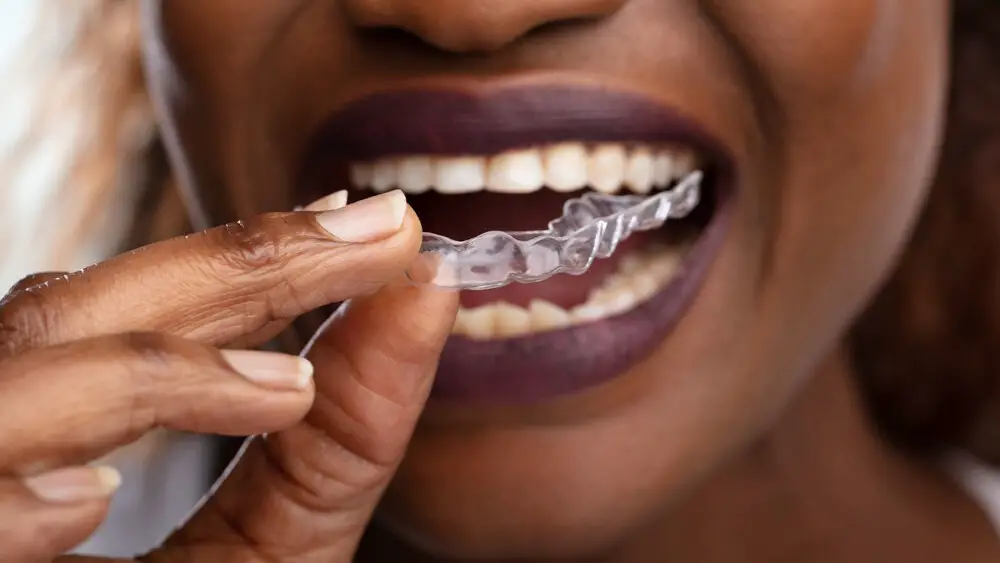
After a teeth cleaning procedure, it is important to be mindful of what you eat to ensure that you don’t compromise the cleaning process. Dentists typically recommend that you wait for at least 30 minutes before eating anything, to give your teeth and gums enough time to heal and recover from the cleaning. During this time, it is best to avoid any sticky, sugary, or hard foods that can easily get stuck in your teeth or cause damage to your gums. Instead, opt for soft and easy-to-digest foods such as yogurt, smoothies, or soup, which can help to soothe any minor discomfort or sensitivity that you may experience after the cleaning. It is also important to stay hydrated after a teeth cleaning procedure, as this can help to flush out any remaining debris from your mouth and promote faster healing. Drinking plenty of water can also help to keep your mouth moist and prevent the buildup of plaque and bacteria, which can cause bad breath and other dental problems. Avoid sugary drinks or acidic beverages such as soda or citrus juices, as these can erode your tooth enamel and cause further damage to your teeth. By following these simple guidelines and eating a balanced, nutritious diet, you can help to maintain good oral health and ensure that your teeth cleaning procedure is as effective as possible.
After getting teeth cleaning, it is important to be mindful of what you eat to avoid undoing the benefits of the cleaning. It is recommended to wait at least 30 minutes after teeth cleaning to eat anything. During this time, you can rinse your mouth with water to help remove any remaining debris. When choosing what to eat after teeth cleaning, it is best to stick to soft foods that are easy to chew and won’t cause any irritation or discomfort to your teeth and gums. Some good options include yogurt, smoothies, scrambled eggs, soup, and mashed potatoes. Avoid hard and sticky foods that can damage the teeth and any acidic or sugary foods that can harm the enamel. Remember to also continue practicing good oral hygiene habits, such as brushing and flossing regularly, to maintain the cleanliness and health of your teeth.
Maintaining healthy teeth and gums is essential for overall health and well-being. One way to achieve this is by avoiding sugary and acidic foods and drinks. These types of foods and drinks can cause damage to tooth enamel, leading to cavities, tooth decay, and even gum disease. Sugary and acidic substances can also weaken the enamel, making it more susceptible to erosion from brushing and other factors. Therefore, it is crucial to limit the intake of sugary and acidic foods and drinks to maintain good oral hygiene and prevent dental problems. Instead, opt for a balanced diet rich in fruits, vegetables, whole grains, and lean proteins to promote healthy teeth and gums.
When it comes to keeping our teeth clean and healthy, we often focus on brushing and flossing, but what we eat and drink can also have a significant impact. After brushing, it’s recommended to wait at least 30 minutes before eating or drinking to allow the fluoride in toothpaste to work. However, if you’re looking for alternatives to sugary or acidic drinks, consider opting for water, milk, or plain yogurt. Water can help rinse away food particles and neutralize acid in the mouth, while milk and yogurt are rich in calcium and can promote strong teeth and bones. By making small changes to our diet, we can support our oral health and maintain a bright, healthy smile.
Tips for Maintaining Oral Health
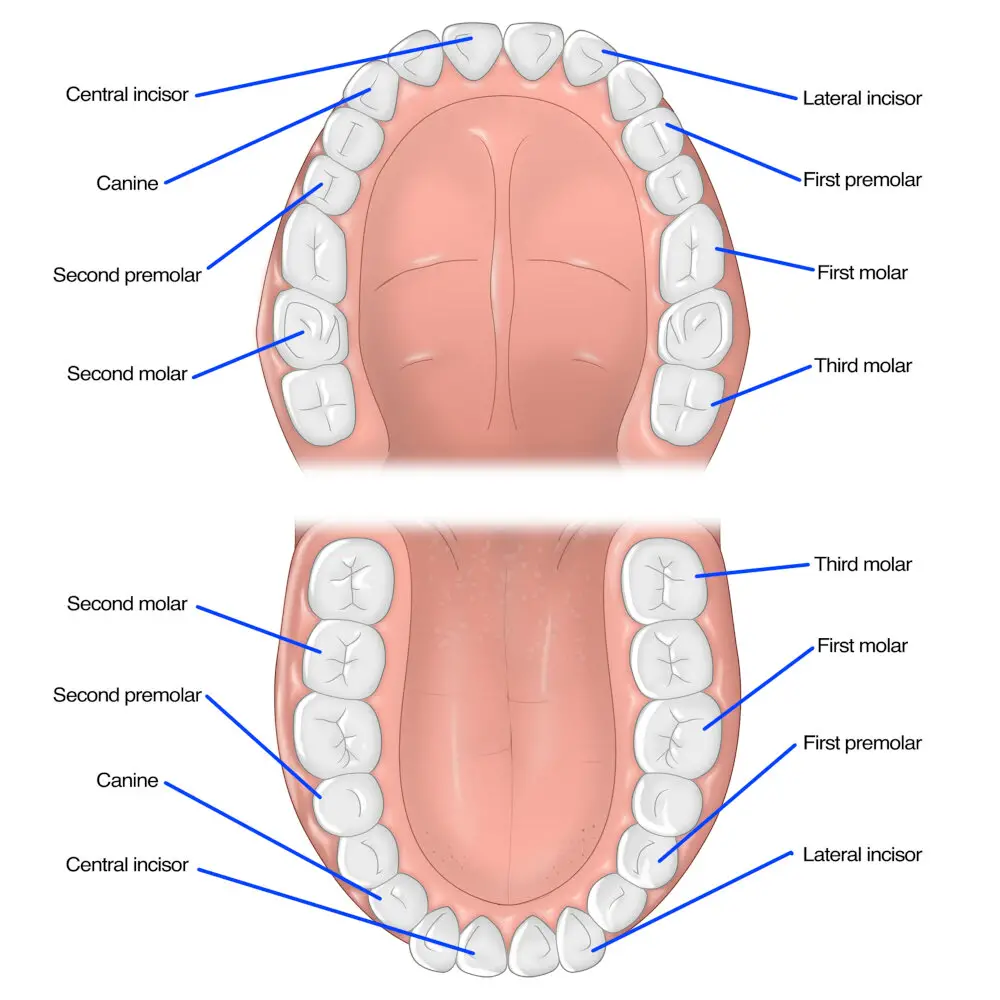
Maintaining oral health is crucial for overall well-being, as it can prevent various dental problems and diseases. One of the most important tips for maintaining oral health is regular brushing and flossing. Brushing twice a day with fluoride toothpaste can remove plaque and bacteria, while flossing can get rid of food particles stuck between teeth. It is recommended to use a soft-bristled toothbrush and replace it every three to four months. Moreover, using mouthwash can help kill bacteria and freshen breath. It is important to choose a mouthwash that is alcohol-free and contains fluoride to strengthen tooth enamel. Another important tip for maintaining oral health is to have a balanced diet. Consuming sugary and acidic foods and drinks can increase the risk of tooth decay and enamel erosion. Instead, it is recommended to eat a variety of fruits, vegetables, and dairy products that are rich in vitamins and minerals. Drinking water throughout the day can also help rinse away food particles and bacteria. Additionally, visiting the dentist regularly for check-ups and cleanings can prevent and detect dental problems early on. It is recommended to visit the dentist every six months or as advised by the dentist. Following these tips can help maintain oral health and prevent dental problems.
Maintaining good oral hygiene is essential for overall health and well-being. Brushing your teeth twice a day and flossing daily is the foundation of a healthy oral care routine. It is also important to use a soft-bristled toothbrush and replace it every three to four months. Additionally, limiting sugary and acidic foods and drinks can prevent tooth decay and erosion. Regular dental check-ups and cleanings are also crucial for detecting and treating any dental issues early on. Finally, incorporating mouthwash and tongue scraping into your daily routine can help eliminate bacteria and freshen breath. By following these tips, you can maintain healthy teeth and gums for a lifetime.
Regular teeth cleaning is crucial for maintaining good oral hygiene and overall health. Not only does it remove plaque and tartar buildup, but it also helps prevent gum disease, tooth decay, and bad breath. Neglecting to clean your teeth regularly can lead to the accumulation of harmful bacteria in your mouth, which can cause a host of health problems, including heart disease and respiratory infections. It is recommended that you brush your teeth at least twice a day and floss at least once a day to keep your teeth and gums healthy. Additionally, it is important to schedule regular dental check-ups and cleanings with your dentist to ensure that any potential issues are caught early and treated before they become more serious.
Maintaining good oral hygiene is crucial for overall health and to avoid various dental problems. Brushing your teeth twice a day for at least two minutes helps to remove plaque and prevent the buildup of harmful bacteria. Flossing daily also helps to remove food particles and debris from between teeth and along the gum line. In addition to these practices, using mouthwash can help to kill bacteria and freshen breath. It’s also important to replace your toothbrush every three to four months or sooner if the bristles become frayed. Regular dental check-ups and cleanings are also essential to identify and prevent any potential issues. By adopting these habits, you can ensure optimal oral health and avoid serious dental problems in the future.
The article \Teeth Cleaning: How Long Should You Wait to Eat?\ discusses the recommended time frame for eating after dental cleaning. According to dental professionals, it is important to wait at least 30 minutes before consuming any food or drink after a teeth cleaning session. This is because the cleaning process can leave the teeth and gums sensitive and vulnerable to damage, and consuming food or drink immediately after can increase the risk of infection or other complications. Additionally, it is recommended to avoid consuming anything acidic or sugary for several hours after cleaning, as these substances can cause further damage to the teeth and gums. Overall, it is important to follow the advice of your dental professional to ensure that your teeth and gums remain healthy and strong.
After undergoing teeth cleaning, it is crucial to wait before eating. The cleaning process involves the removal of plaque and stubborn stains from the teeth, which leaves them vulnerable to damage from acidic or sugary foods. Waiting for at least 30 minutes after cleaning ensures that any fluoride or other protective agents applied during the cleaning process have sufficient time to be absorbed and strengthen the teeth. Eating immediately after cleaning can also lead to staining, which defeats the purpose of the cleaning. Therefore, it is advisable to wait and give your teeth the necessary time to heal and protect themselves before indulging in any food or drink.
Maintaining good oral health is crucial for overall health and wellbeing. Neglecting our teeth and gums can lead to various dental problems such as tooth decay, gum disease, and bad breath. To ensure that our teeth and gums remain healthy, it is important to follow a regular oral care routine that includes brushing, flossing, and using mouthwash. Additionally, it is essential to visit the dentist regularly for check-ups and cleanings. Taking these steps can help prevent dental problems and keep our smiles bright and healthy for years to come. Don’t wait until it’s too late, start taking care of your oral health today!
Conclusion
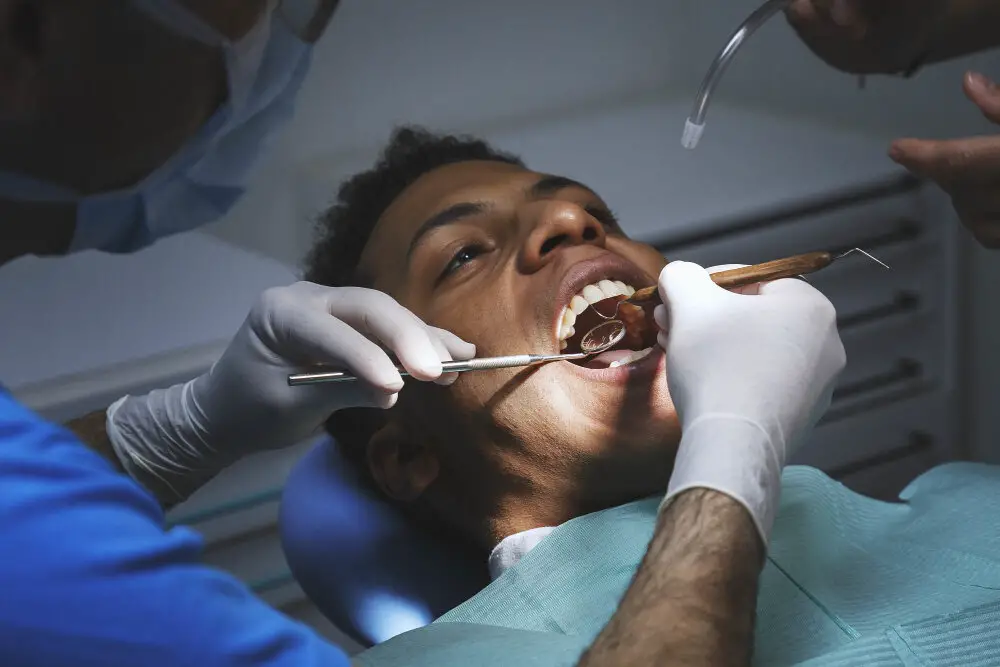
In conclusion, maintaining oral hygiene is crucial for overall health, and teeth cleaning is an essential part of it. After a teeth cleaning, it is recommended to wait at least 30 minutes to consume any food or drink, especially those that are acidic or sugary. This waiting period allows the teeth to recover from the cleaning process and the enamel to reharden. Ignoring this recommendation may lead to tooth sensitivity, decay, or even gum disease. Therefore, it is essential to follow the advice of dental professionals and take good care of your teeth to ensure a healthy and beautiful smile for years to come.
